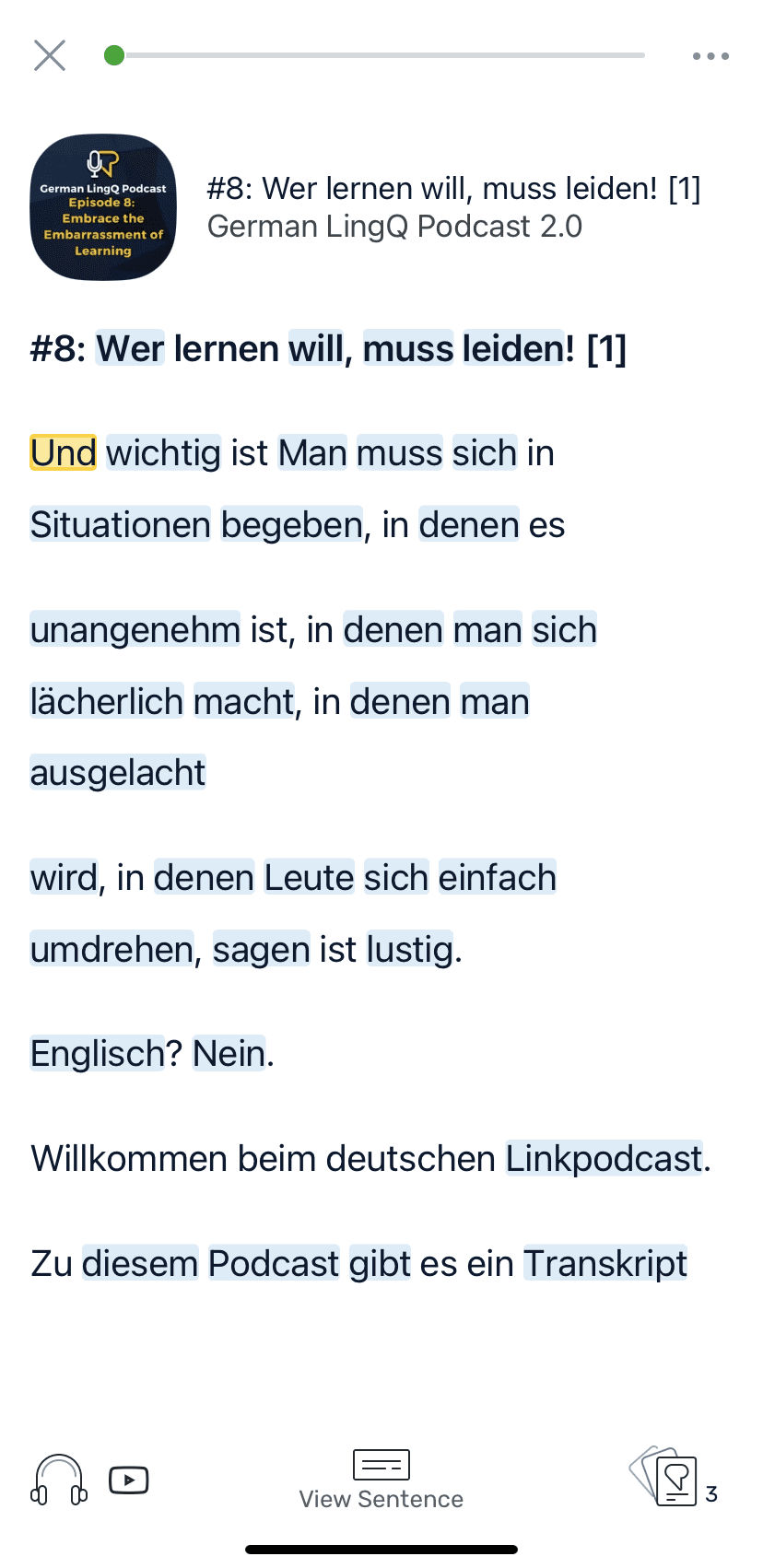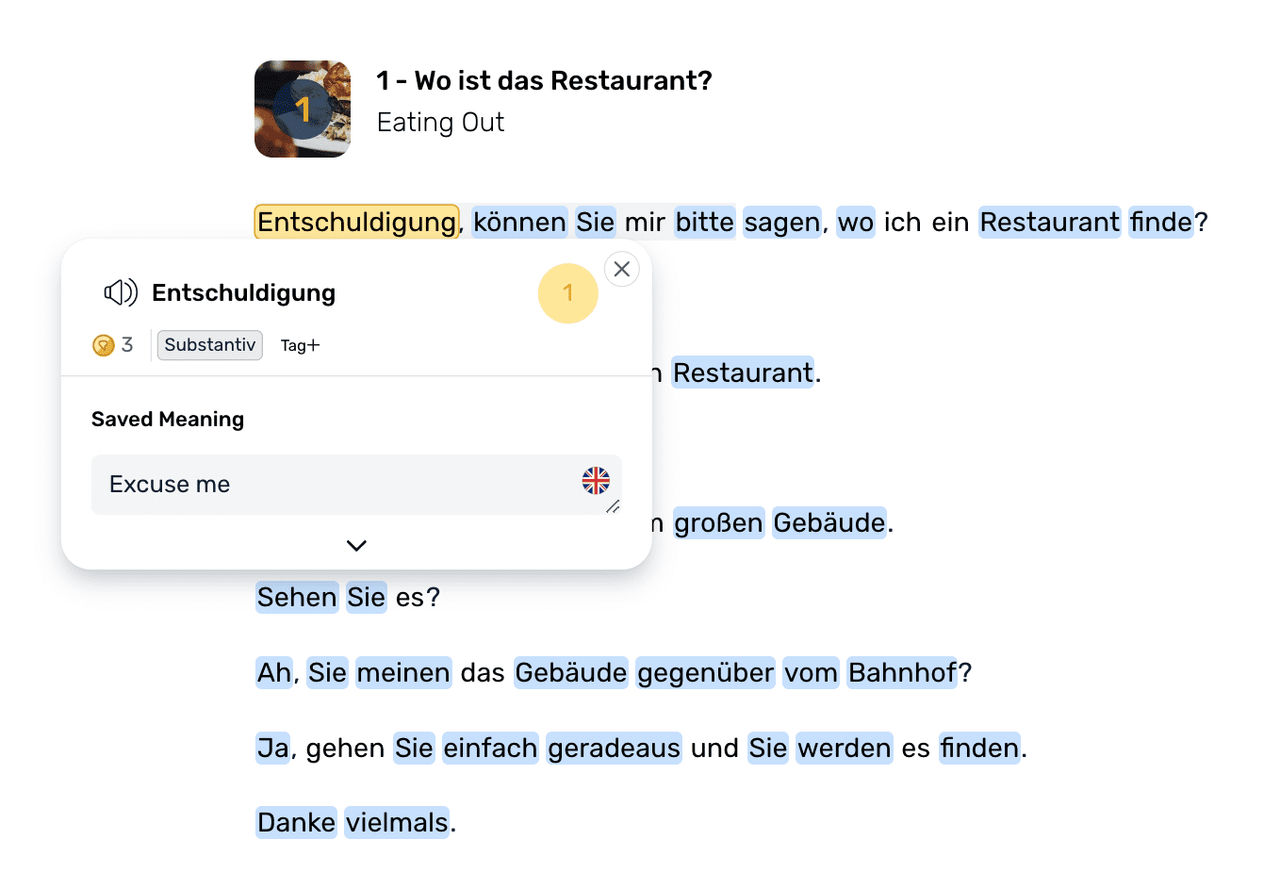Tips for Learning German Articles–der, die oder das?
If you have studied any of the German language, you know how confusing the articles can seem at first. Personally, I had a terrible time learning them, and still, to this day, I have to be careful when speaking or writing in German.
In German, articles before nouns are an important part of the word. The article tells us if the noun is masculine, neuter, feminine, or plural. It also relates much more information, but let’s stick to the very basic ideas for this article.
After studying, articles, you will begin to see patterns, as with any language, and your understanding of which articles to use and why will increase accordingly.
For the first part, let us have a look at definite articles. These are the equivalent to the English ‘the’.
Definite Articles
The definite articles in German are der, das, die. They are used like the word ‘the’ in English. In English, there is no masculine, neuter, or feminine form. It’s always ‘the’. Not so in German. That’s the part that confuses most people, and for me, it was also the toughest to learn. The way I learned was by memorizing the masculine forms, then the neuter, and then the feminine.
Some would disagree with that way of teaching, saying that you should learn the articles as you learn the nouns. I disagree. I disagree because the case of the article also changes depending on the sentence. That means, if I don’t know all the masculine forms, I won’t know how to speak a proper sentence if I need a case other than nominative.

Masculine: der (nominative)
den (accusative)dem (dative)
des (genitive)
Neuter: das (nominative)
das (accusative)
dem (dative)
des (genitive)
Feminine: die (nominative)
die (accusative)
der (dative)
der (genitive)
Plural: die (nominative)
die (accusative)
den (dative)
der (genitive)
Now, if you’re like most other people and you’ve been out of junior high English classes for a minute or two, you might need a refresher on: what the heck do those cases mean? I’ll keep it as simple as possible.
Nominative is the subject of the sentence (the person or thing doing something).
Accusative receives the action (the direct object).
Dative is an indirect object. That is a noun phrase that refers to someone or something that is affected by the action of the transitive verb but isn’t the primary object. Example: ‘her’ in “give her the papers”.
Genitive case is the equivalent of the English possessive case. I won’t go into all the debate surrounding genitive cases, it goes deep and takes long to discuss. But know that genitive is not always about possession. Sometimes it signifies that something is for or by someone instead of being possessed by a person.
Learn German Faster Using LingQ
LingQ is the best way to learn German online because it lets you learn from content you enjoy! You can import videos, podcasts, blog posts and much more and turn them into interactive lessons. Keep all your favourite language content stored in one place, easily look up new words, save vocabulary, and review.
LingQ is available for desktop as well as Android and iOS. Gain access to thousands of hours of audio and transcripts and begin your journey to fluency today.

Articles in Use
Now, how in the world are you supposed to use the information I gave you there? First off, I would recommend memorizing the chart above. Honestly, what could it hurt? It’s simpler to memorize the cases, and then learn which nouns are masculine, neuter, or feminine.
Now, let’s see those articles in use.
German nouns can be masculine, neuter or feminine and that’s what determines which article to use. Another helpful tip here, in case you didn’t already know, German nouns are capitalized. Always.
Masculine: der Mann (the man)
Neuter: das Kind (the child)
Feminine: die Frau (the woman)
And how, exactly, am I supposed to know the gender of the nouns, you ask. Well, Germans will tell you there’s not much to do except learn them as you go. I disagree, as it is now widely known that the ending of a noun will often tell you its gender. There are exceptions to every rule, but these lists should be easy to memorize and put into action—and they have never led me wrong yet!
Nouns ending in:
-ung—die Entscheidung (the decision)
-schaft—die Freundschaft (the friendship)
-keit—die Findegkeit (the ingenuity)
-heit—die Dunkelheit (the darkness)
These nouns will always be feminine and go with ‘die’. A great many nouns that end with ‘-e’ are also feminine and go with ‘die’.
die Lampe (the lamp)
The majority of singular nouns that end with ‘-er’ are masculine and therefore go with ‘der’.
der Sommer (the summer)
der Amerikaner (the *male* American)

Nouns ending with:
-ant—der Elefant (the elephant)
-ast—der Gast (the guest)
-ich—der Laich (the spawn)
-ismus—der Organismus (the organism)
-ling—der Fremdling (the stranger)
-us—der Haus (the house)
Are also male and used with ‘der’.
Nouns ending with:
-chen—das Mädchen
-lein—das Entlein (the duckling)
-um—das Wachstum (the growth)
Are usually neuter and go with ‘das’
Ein, Eine
Ein and Eine are equivalent to the English article ‘a’.
Use ein for masculine and neuter; use eine for feminine and plural in the nominative case.
That’s the simplest and most basic use for ein/eine. Learning all the cases/uses/forms of ein/einem would constitute another article, but I know some of you were probably wondering why I hadn’t mentioned them here, so, there they are!
***
There are always exceptions to every rule, and German articles are no different. There are several exceptions to these rules, actually. But you can’t stray too far from being correct if you use the simple tricks and tips in this article.
If you enjoyed this article and found it helpful, here’s another on German sentence structure you might enjoy!


